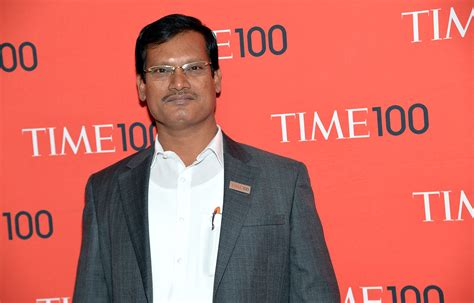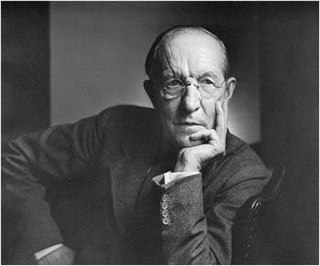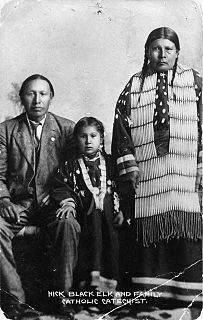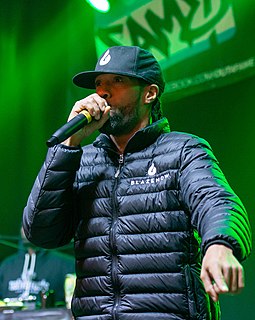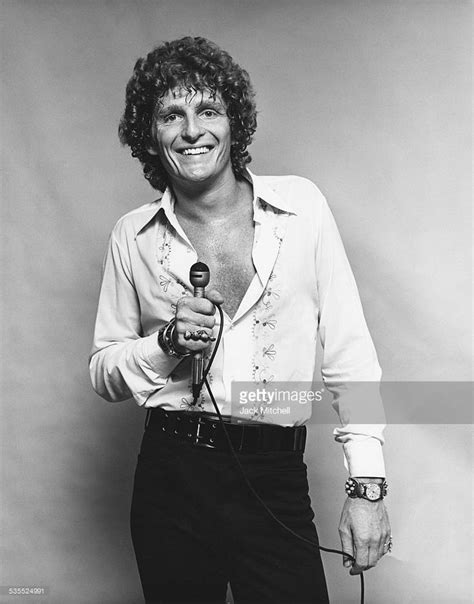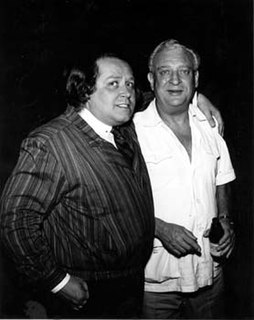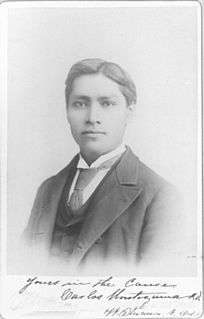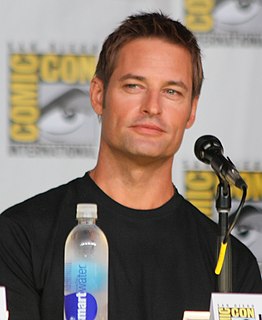A Quote by Robert Fulghum
The Indian danced on alone. The crowd clapped up the beat. The Indian danced with a chair. The crowd went crazy. The band faded. The crowd cheered. The Indian held up his hands for silence as if to make a speech. Looking at the band and then the crowd, the Indian said, "Well, what're you waiting for? Let's DANCE.
Related Quotes
The life of an Indian is like the wings of the air. That is why you notice the hawk knows how to get his prey. The Indian is like that. The hawk swoops down on its prey, so does the Indian. In his lament he is like an animal. For instance, the coyote is sly, so is the Indian. The eagle is the same. That is why the Indian is always feathered up, he is a relative to the wings of the air.
Tommy had felt alone in a crowd before, even inferior to everyone in a crowd, but now he felt, well, different. It wasn't just the clothes and the make up, it was the humanity. He wasn't part of it. Heightened senses or not, he felt like he had his nose pressed against the window, looking in. The problem was, it was the window of a donut shop.
As a preacher, I'm working with the crowd, watching the crowd, trying to bring them to that high point at a certain time in the evening. I let everything build up to that moment when they're all in ecstasy. The crowd builds up and you have to watch it that you don't stop it. You start off saying you've heard that tonight's going to be a great night; then you begin the whole pitch and keep it rolling.
I had an Indian face, but I never saw it as Indian, in part because in America the Indian was dead. The Indian had been killed in cowboy movies, or was playing bingo in Oklahoma. Also, in my middle-class Mexican family indio was a bad word, one my parents shy away from to this day. That's one of the reasons, of course, why I always insist, in my bratty way, on saying, Soy indio! - "I am an Indian!"


